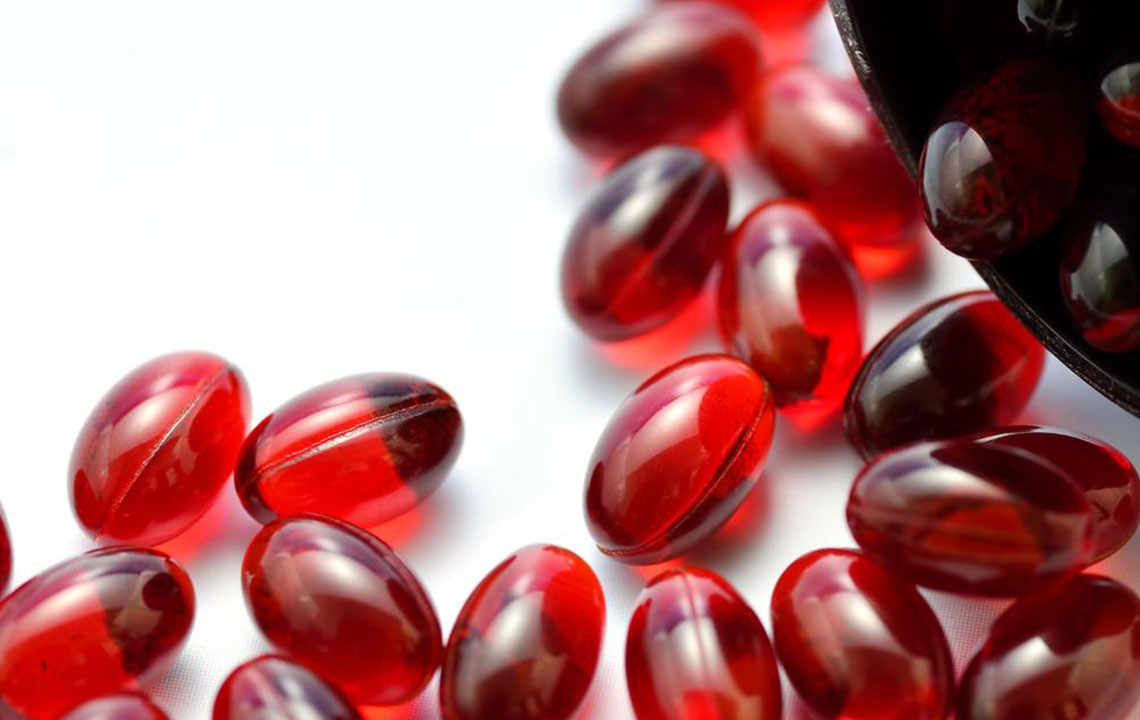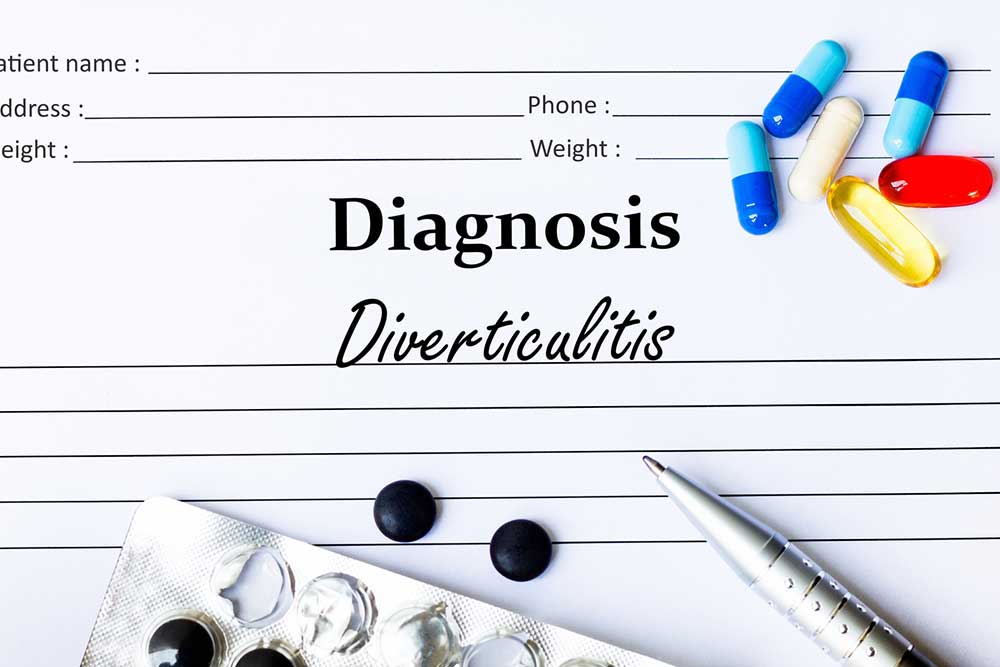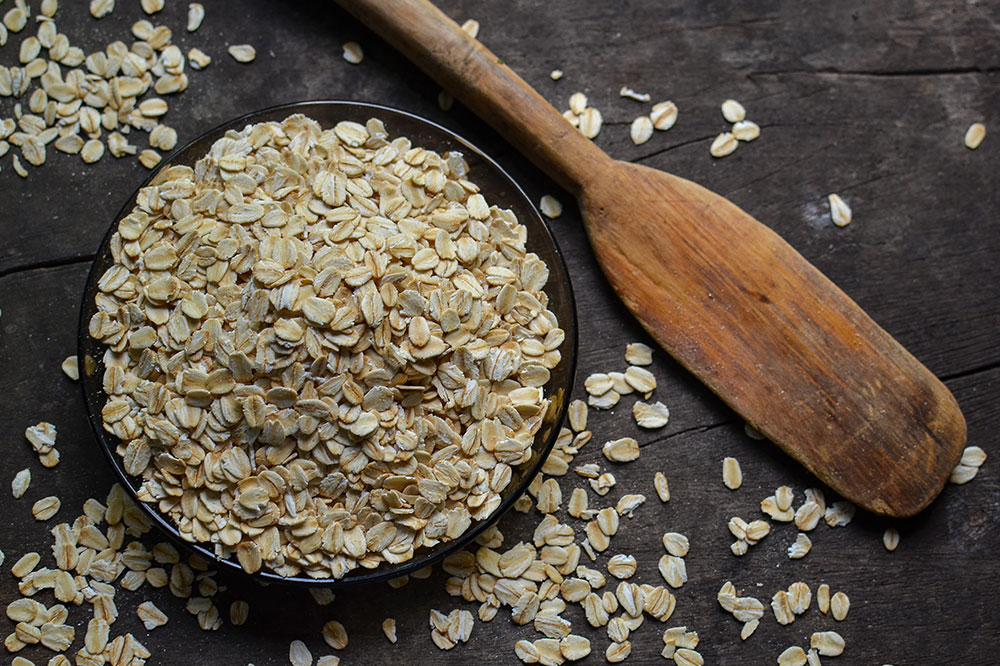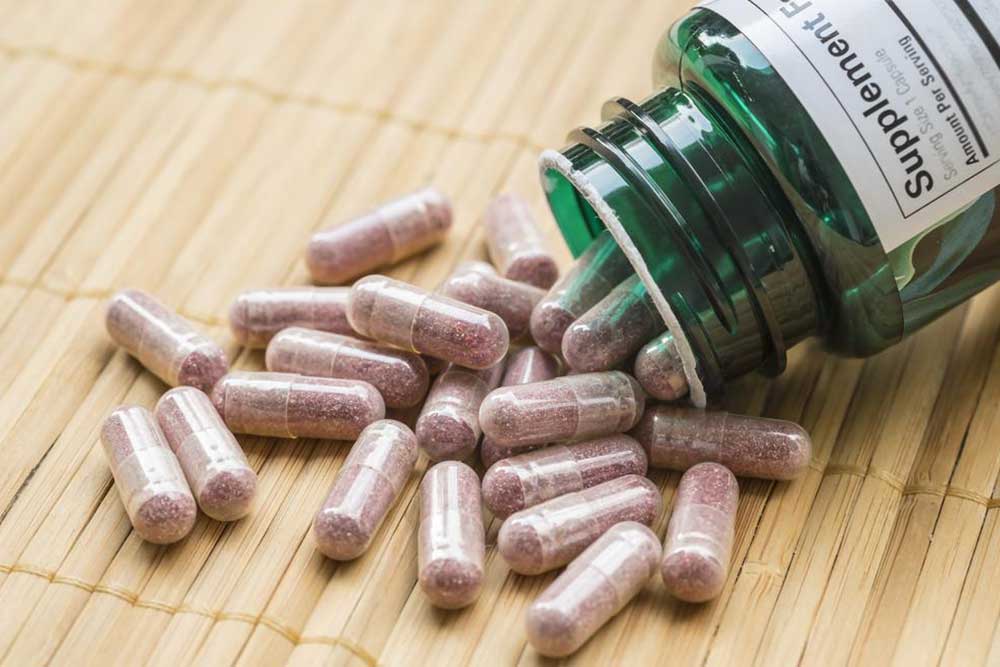Effective Use of Probiotics in Managing Crohn’s Disease
Learn how probiotics can support Crohn’s disease management by restoring gut bacteria balance. This article covers dietary sources, benefits, potential side effects, and the importance of professional guidance in incorporating probiotics into treatment. Discover natural approaches and supplements to help maintain digestive health and alleviate symptoms associated with Crohn’s disease.

Managing Crohn’s Disease with Probiotic Support
Crohn’s disease, an inflammatory bowel condition, has seen a rising prevalence globally. Characterized by symptoms like abdominal pain, diarrhea, fever, and weight loss, it affects approximately 3.2 per 1,000 individuals in Europe and North America. Once considered a problem confined to developed nations, cases are now emerging in developing countries as well. The exact cause remains unknown, but genetic and environmental factors play significant roles. People related to Crohn’s patients and smokers are more susceptible.
Research indicates that probiotics—beneficial bacteria—may help patients manage Crohn’s symptoms by restoring healthy gut microflora. These can be consumed through probiotic-rich foods like yogurt or supplements prescribed by healthcare providers. While probiotics support digestive health and help maintain bacterial balance, they do not cure Crohn’s disease entirely. A healthy gut contains around 400 beneficial bacteria types whose balance is critical for proper digestion. Disruption can lead to symptoms like bloating and discomfort.
Dietary sources such as yogurt, fiber-rich fruits, and vegetables can naturally boost probiotic levels. Eliminating alcohol and smoking is also beneficial, as both can worsen inflammation. For lactose-intolerant individuals, probiotic supplements are an alternative. However, because individual responses vary, it’s essential to consult a healthcare professional before starting any supplement regimen to avoid adverse effects.
Common side effects of probiotics include mild bloating, gas, or skin reactions, but these do not occur in everyone. Drinking plenty of water can help minimize side effects. Gradual introduction of probiotics and a consistent daily intake are recommended for best results. Always follow medical advice when incorporating probiotics into the treatment plan to ensure safety and effectiveness.










